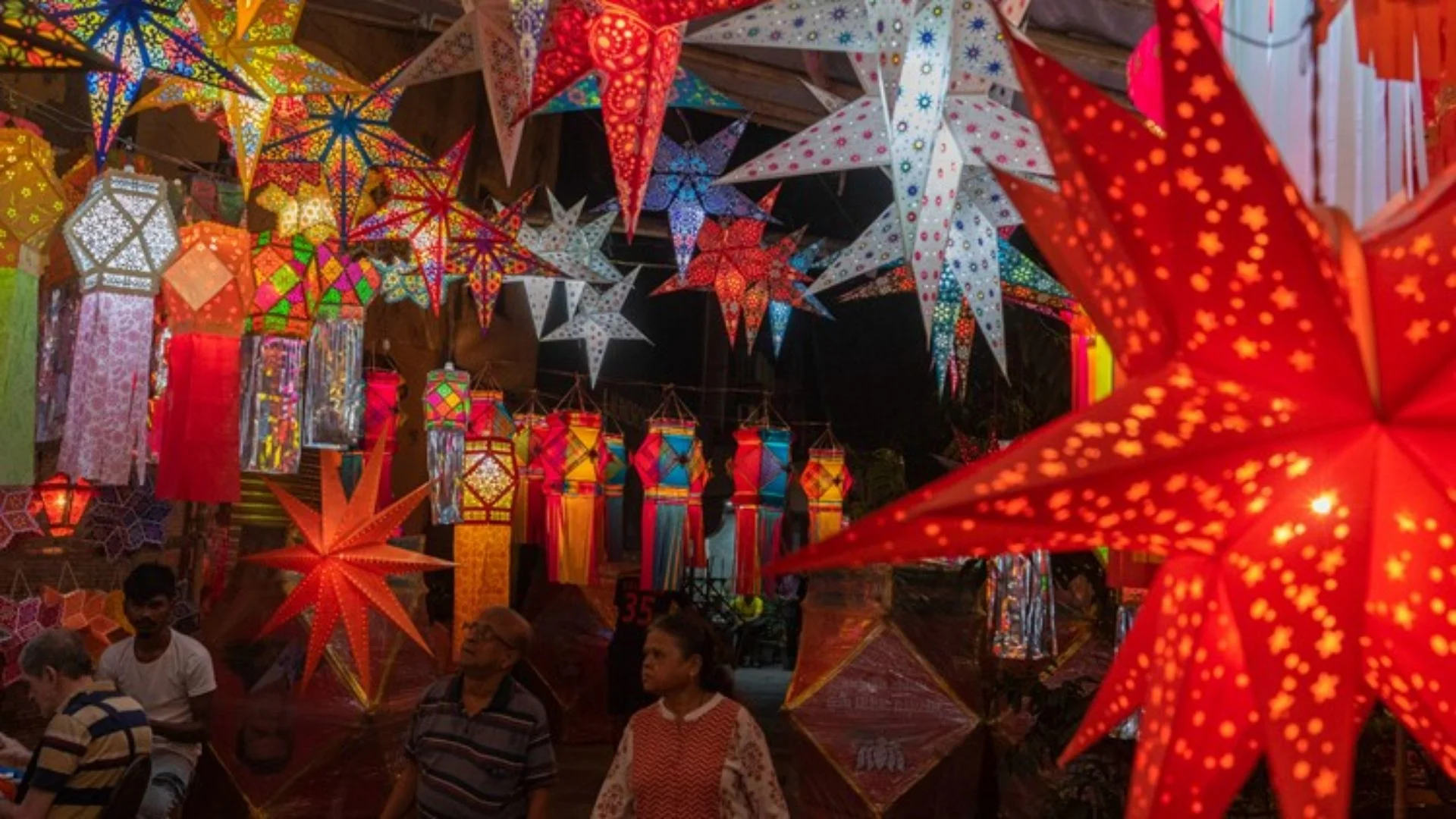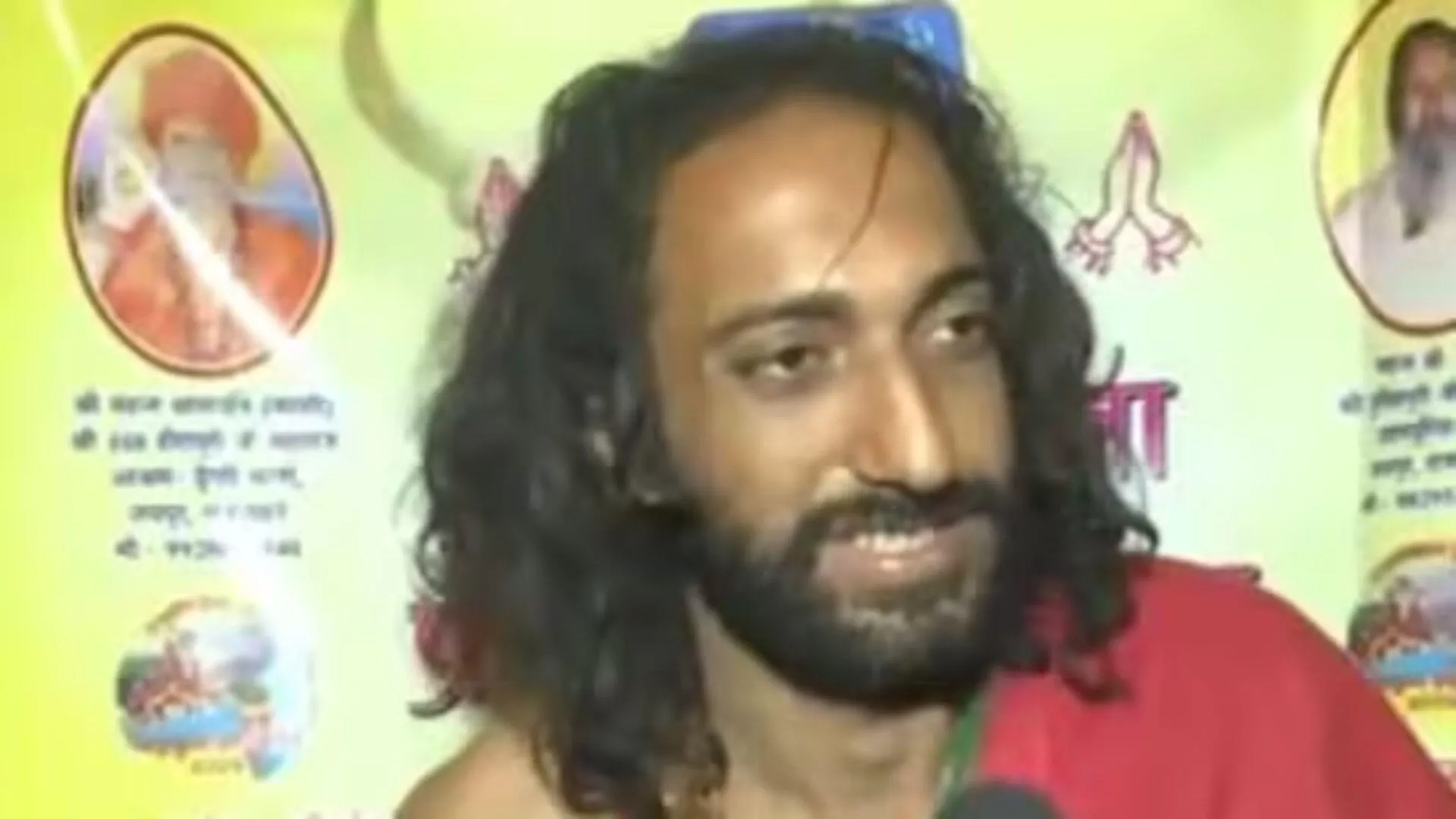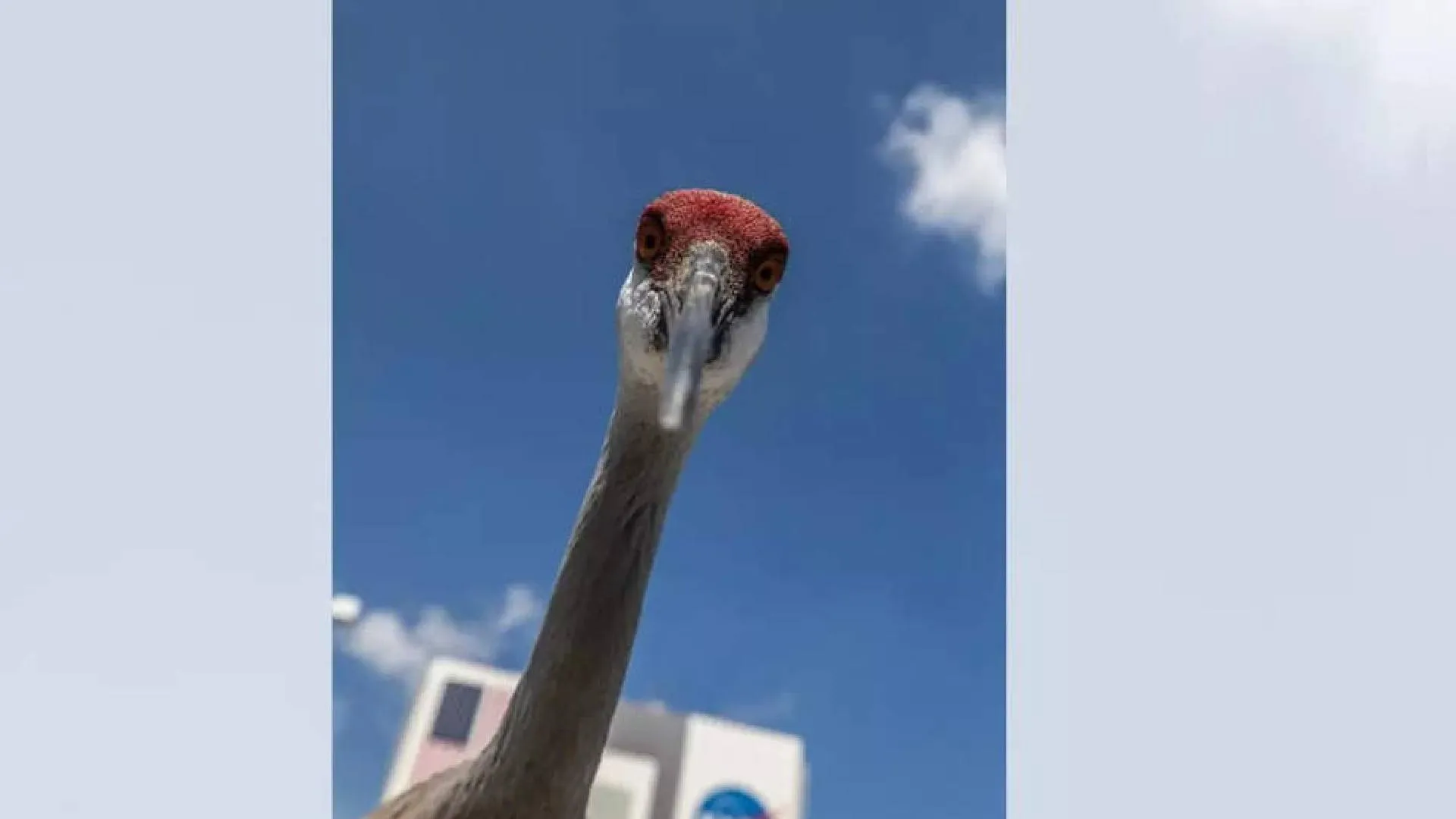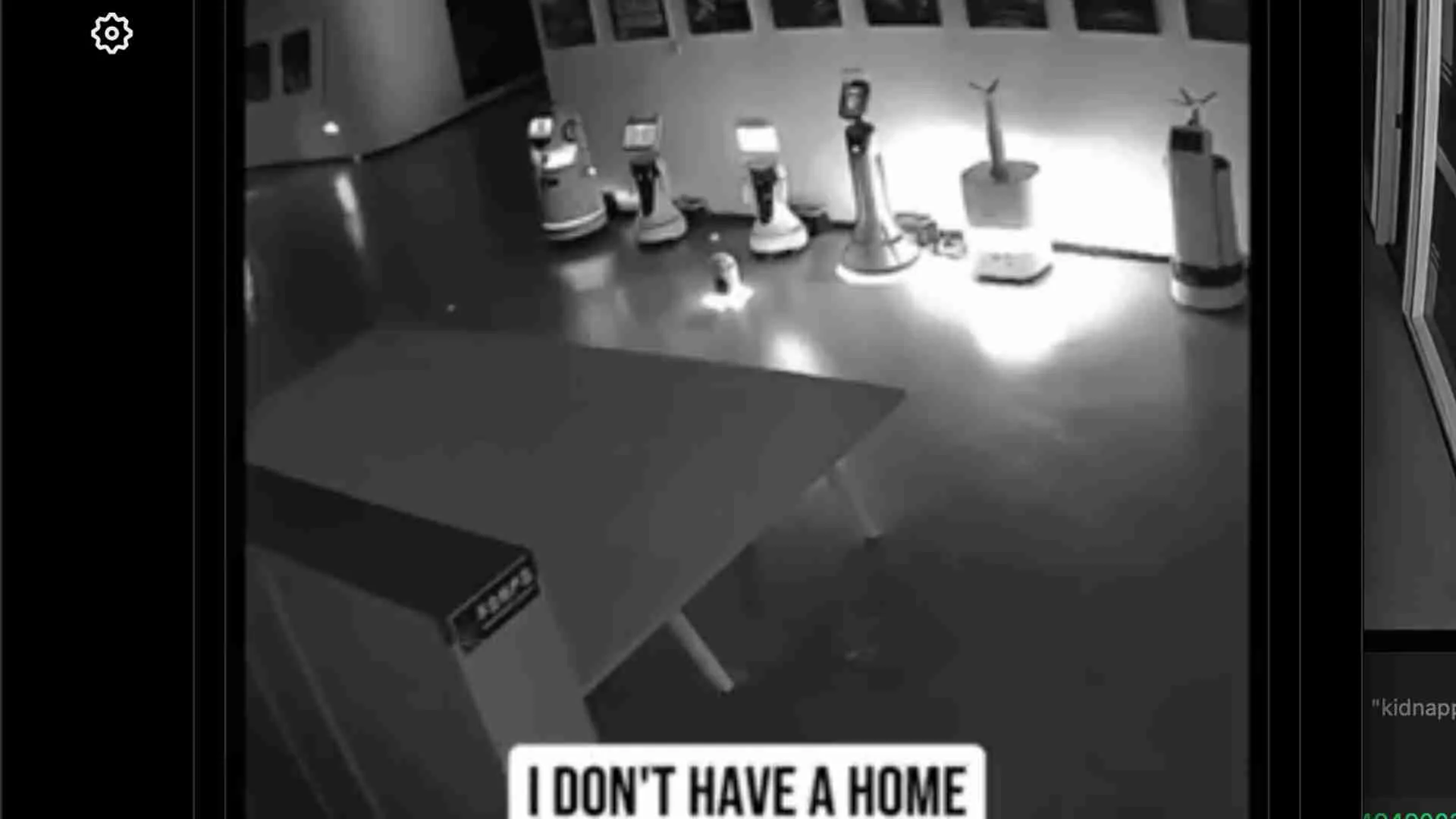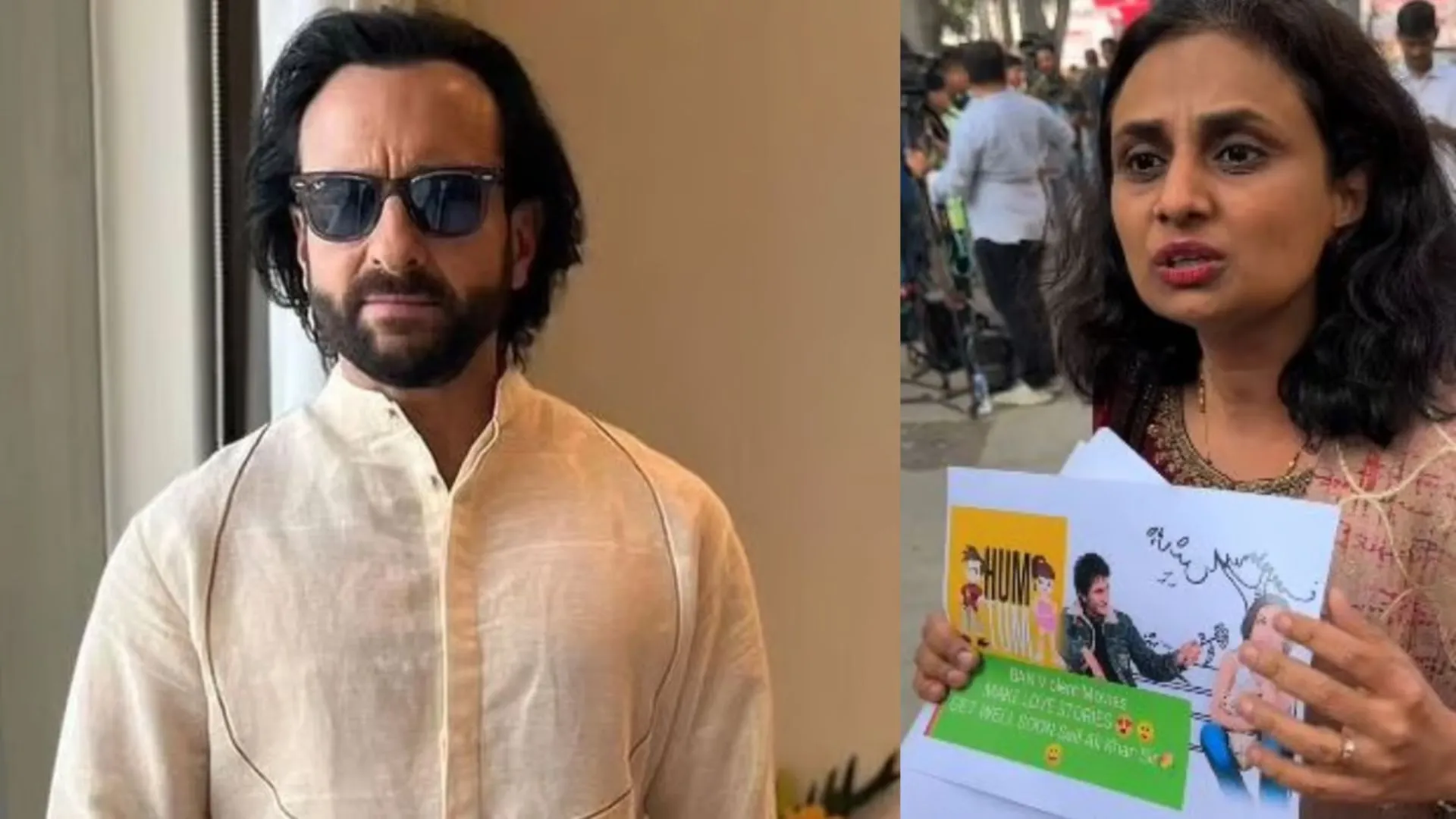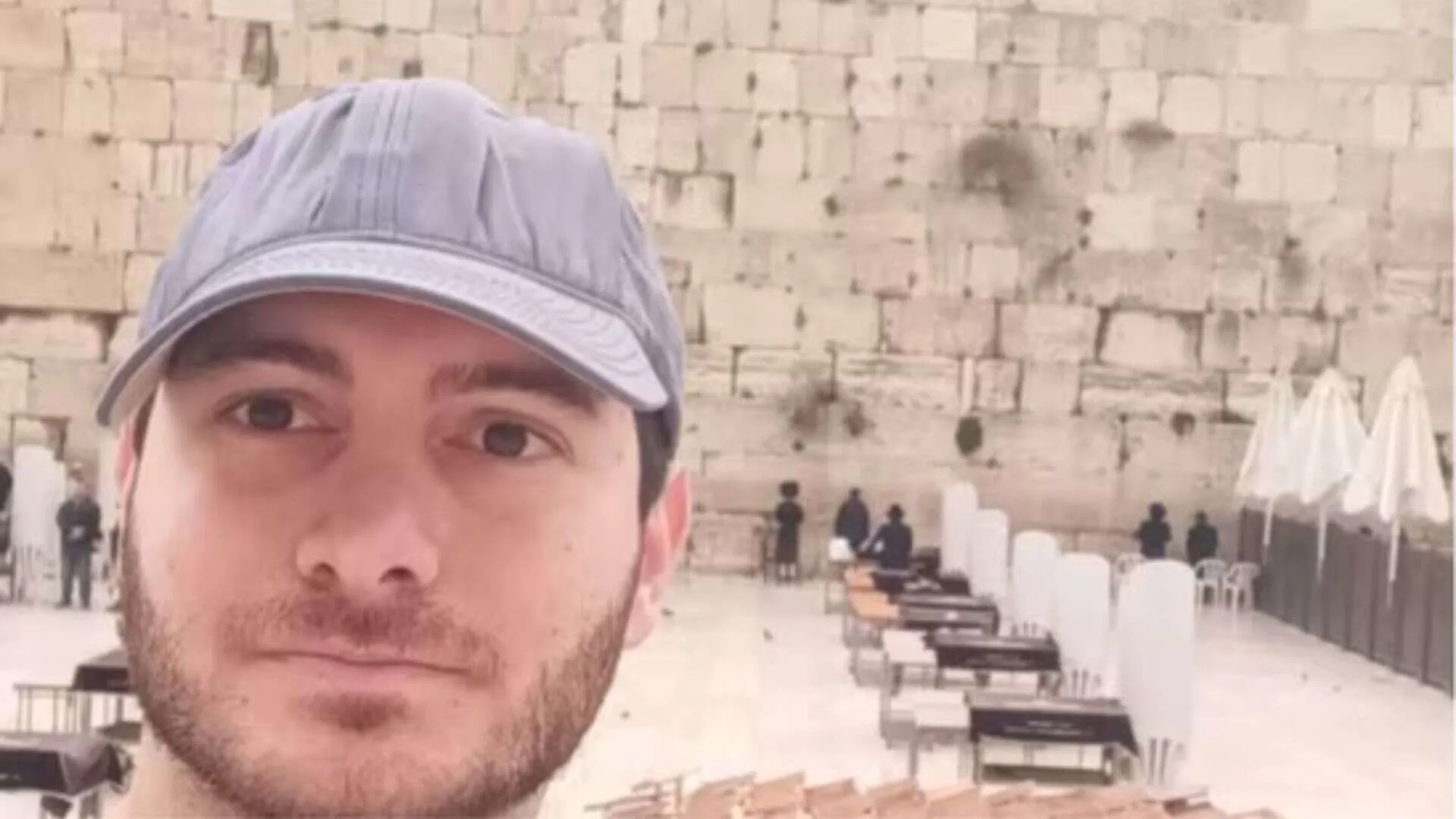As the holiday season approaches, two of the most celebrated festivals globally Christmas and Diwali stand out for their rich traditions and cultural significance. While both festivals emphasize joy, light, and community, they also reflect distinct origins, rituals, and beliefs that characterize their respective cultures.
Origins and Significance
Christmas is a Christian holiday observed on December 25th, commemorating the birth of Jesus Christ. This occasion symbolizes hope and renewal, reflecting the arrival of the Messiah. The season fosters a spirit of giving and goodwill, echoing the teachings of Christ.
In contrast, Diwali, known as the Festival of Lights, is a major Hindu celebration that usually falls between October and November, depending on the lunar calendar. This festival marks the victory of light over darkness and good over evil, celebrating various deities, particularly Goddess Lakshmi, who represents wealth, and Lord Rama, whose return to Ayodhya symbolizes triumph.
Rituals and Celebrations
The rituals and customs associated with Christmas and Diwali vary significantly. Christmas traditions often include decorating evergreen trees, hanging stockings, and exchanging gifts. Families come together for festive meals, and many attend church services to celebrate the nativity story.
Diwali, on the other hand, is marked by lighting oil lamps (diyas), creating colorful rangoli designs, and bursting fireworks. Families perform prayers (puja) to invite prosperity and happiness into their homes. Sharing sweets and gifts with loved ones is also a cherished aspect of Diwali celebrations.
Symbols and Decorations
Both festivals are known for their vibrant decorations, though the symbols used are distinct. Christmas is characterized by evergreen trees, wreaths, and stars, which symbolize eternal life and the Star of Bethlehem that guided the Wise Men. The prevalent color scheme includes red, green, and gold.
In contrast, Diwali is celebrated with a myriad of colors, lights, and intricate patterns made with colored powders. The lighting of diyas and lanterns signifies the dispelling of darkness and the welcoming of light and knowledge.
Similarities
Both Christmas and Diwali share several key similarities:
Celebration of Light: Each festival symbolizes the triumph of light over darkness. Christmas celebrates the birth of Jesus Christ, referred to as the “Light of the World,” while Diwali honors Lord Rama’s return after defeating the demon king Ravana.
Gift-Giving: Exchanging gifts is a common tradition in both festivals, serving as a gesture of love and appreciation.
Festive Atmosphere: Both holidays are marked by a joyful atmosphere filled with decorations, music, and gatherings.
Family Importance: Each festival emphasizes the significance of family and togetherness, providing a time for families to reunite and celebrate.
Differences
Despite their similarities, Christmas and Diwali differ in several ways:
Religious Significance: Christmas is a Christian celebration of Jesus Christ’s birth, while Diwali is a Hindu festival that celebrates the victory of good over evil.
Cultural Context: Christmas is predominantly observed in Western countries with Christian majorities, whereas Diwali is primarily celebrated in India and regions with significant Hindu populations.
Specific Traditions: The customs surrounding each festival vary widely. For instance, Christmas features traditions such as Santa Claus and Christmas trees, while Diwali focuses on lighting diyas and setting off fireworks.
Timing: Christmas is celebrated on December 25th, while Diwali takes place on the darkest night of the Hindu lunar month of Aswayuja.
Both festivals hold deep cultural significance. For Hindus, lighting lamps during Diwali is a way to invite blessings from Goddess Lakshmi into their homes. For Christians, Christmas represents the sacred moment when God became human through the birth of Jesus, often regarded as a miracle of the Virgin Mary. Each holiday serves as a vibrant reminder of hope, joy, and community spirit.

